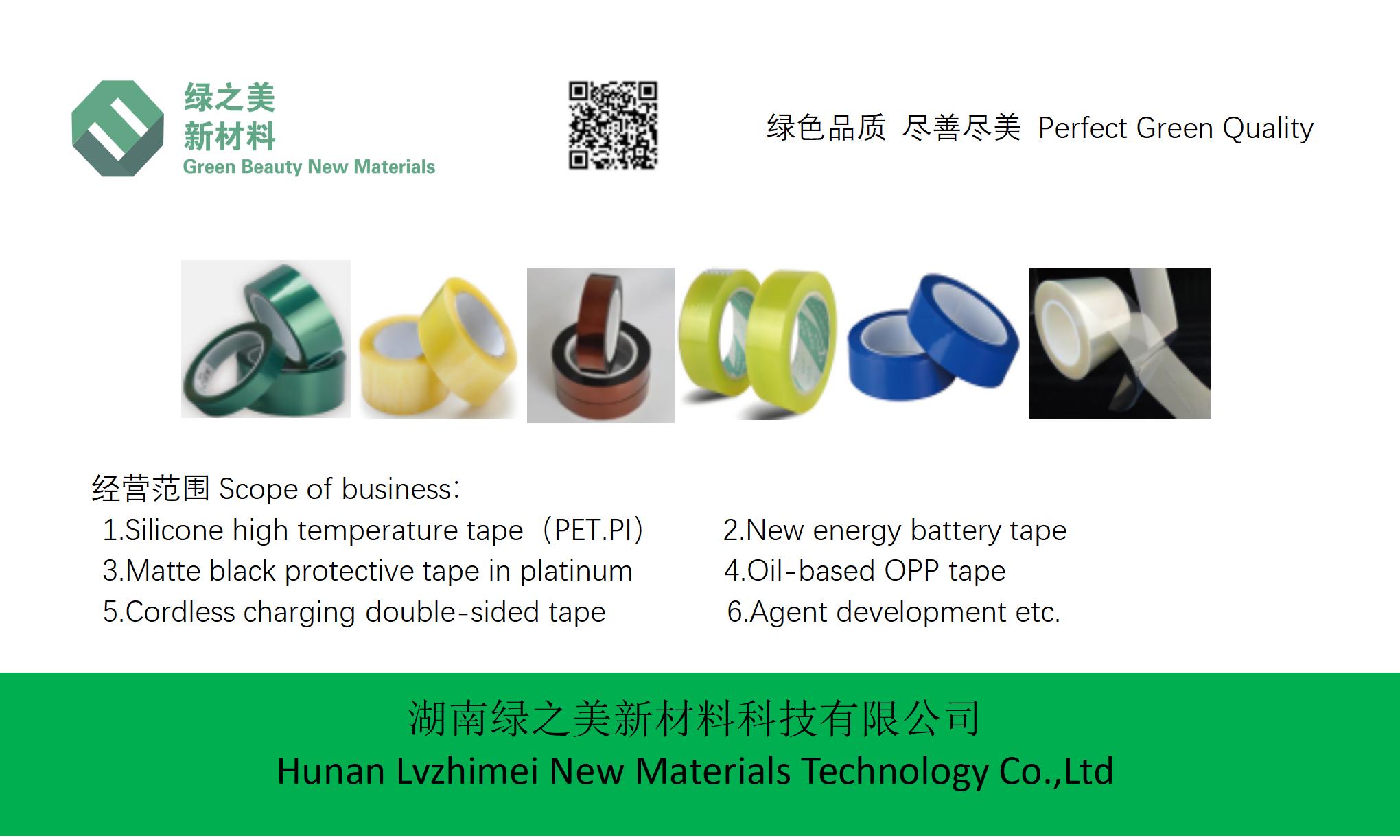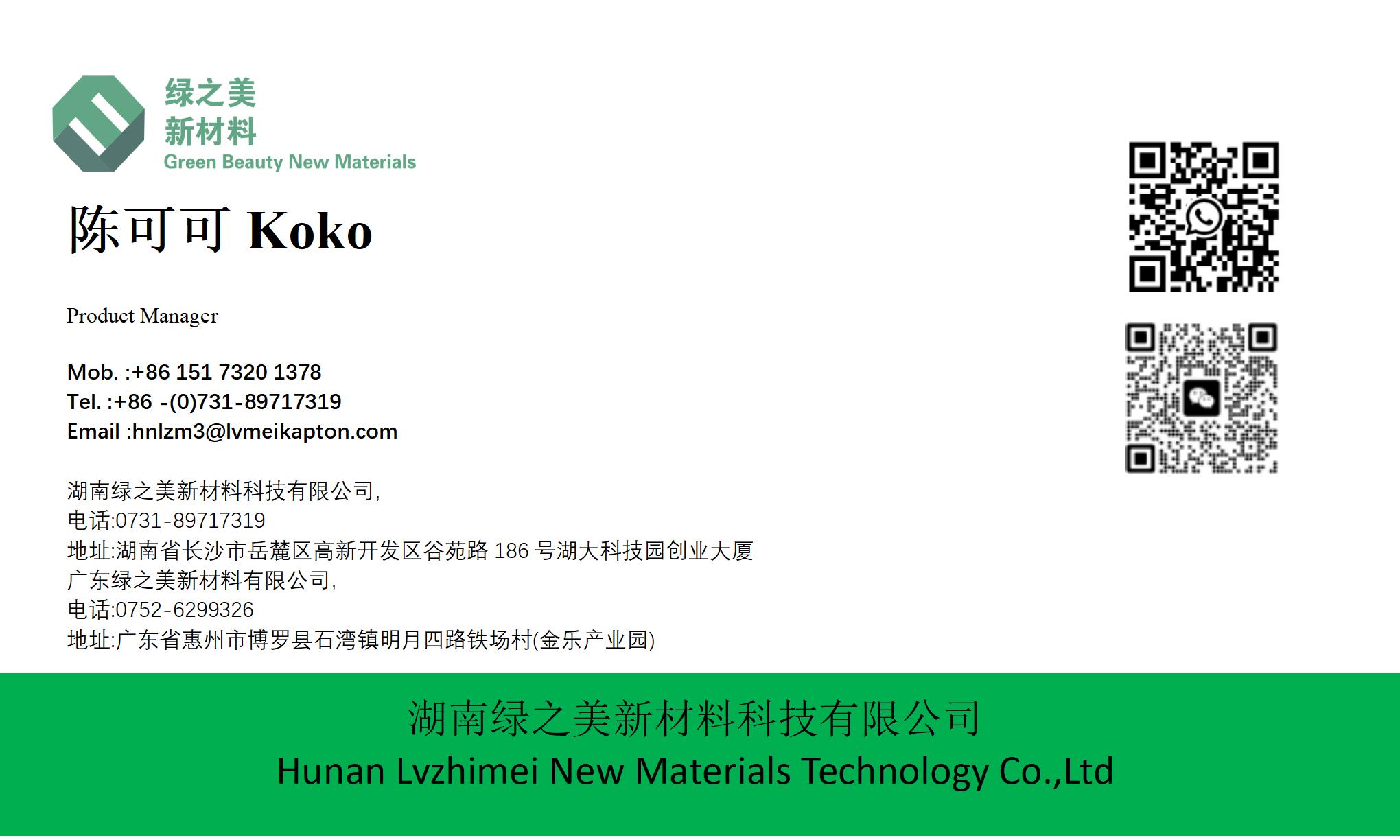hnlzm@lvmeikapton.com
+86 13787123465


Hunan Lvzhimei New Material Technology Co., Ltd.


NameDescriptionContent
Where to Source Reliable Brown Circuit Board High Temperature Tape? |https://www.lvmeikapton.com/
Source:
|
Author:Koko Chan
|
Published time: 2025-05-15
|
381 Views
|
Share:
In the electronics manufacturing industry, Brown Circuit Board High Temperature Tape (BCBHTT) plays a critical role in ensuring component integrity during processes like wave soldering, reflow oven treatments, and thermal stress testing. However, the proliferation of counterfeit products poses significant risks to production quality, potentially leading to equipment failures and costly recalls. This article provides a comprehensive guide to sourcing authentic BCBHTT, focusing on verification techniques and supplier selection criteria, with a reference to industry-standard benchmarks set by reputed manufacturers like Lvmeikapton.
Where to Source Reliable Brown Circuit Board High Temperature Tape?
Table of Contents
1.
Introduction
2.
Understanding Brown Circuit Board High Temperature Tape
○
Key Features and Applications
○
Materials and Construction
3.
Challenges in Sourcing Genuine Products
○
Counterfeit Risks and Quality Concerns
○
Cost vs. Performance Trade-offs
4.
Verification Methods for Authenticity
○
Visual and嗅觉 Inspection
○
Combustion Testing
○
High-Temperature Performance Evaluation
5.
Selecting Reputable Suppliers
○
Certifications and Compliance Standards
○
Case Study: Lvmeikapton Insulating Electrical Tape
6.
Technical Specifications Comparison
○
PI vs. PET vs. Teflon Materials
○
Performance Matrix (Table)
7.
Application Best Practices
○
PCB Assembly and Solder Mask Protection
○
Li-ion Battery Manufacturing
8.
Future Trends in High-Temperature Tape Technology
9.
Conclusion
1. IntroductionIn the electronics manufacturing industry, Brown Circuit Board High Temperature Tape (BCBHTT) plays a critical role in ensuring component integrity during processes like wave soldering, reflow oven treatments, and thermal stress testing. However, the proliferation of counterfeit products poses significant risks to production quality, potentially leading to equipment failures and costly recalls. This article provides a comprehensive guide to sourcing authentic BCBHTT, focusing on verification techniques and supplier selection criteria, with a reference to industry-standard benchmarks set by reputed manufacturers like Lvmeikapton.
2. Understanding Brown Circuit Board High Temperature TapeKey Features and ApplicationsBCBHTT is characterized by its:
●
Temperature Resistance: 260°C to 300°C (short-term exposure)
●
Adhesion Properties: Silicone-based adhesive for secure bonding
●
Insulation: Dielectric strength >4kV/mm
●
Residue-Free Removal: No残留胶残留 post-thermal cycling
Materials and ConstructionAuthentic tapes comprise two core components:
1.
Base Material:
○
Polyimide (PI): Golden standard for high-temperature resistance (≤280°C)
○
PET: Lower-grade alternative (≤220°C)
2.
Adhesive Layer:
○
Silicone:耐高温, chemical-resistant
○
Counterfeit versions may use acrylic or modified silicone with inferior performance.
3. Challenges in Sourcing Genuine ProductsCounterfeit Risks and Quality ConcernsFake BCBHTT often employs:
●
PET Substitutes: Tea-colored PET films冒充PI, failing at >220°C
●
Low-Quality Adhesives: Non-silicone formulations degrade rapidly
●
Mislabeling Specs:夸大耐温性 (e.g.,声称260°C but实测≤150°C)
Cost vs. Performance Trade-offs
Material | Price Range ($/roll) | Max Temp (°C) | Key Risks |
PI Tape | 50–120 (33m roll) | 280 | None |
PET Tape | 15–40 (33m roll) | 220 | Thermal degradation |
Counterfeit PI | 30–70 (33m roll) | ≤180 | Delamination,残胶残留 |
4. Verification Methods for AuthenticityVisual and嗅觉 Inspection
1.
Odor Test: Genuine PI tape has a轻微chemical smell (due to manufacturing process); PET variants may odorless or have plastic scent.
2.
Color and Texture: PI exhibits amber-brown color with smooth surface; PET appears darker with visible film texture.
Combustion TestingIgnite a small sample:
●
PI Tape: Burns slowly, leaves carbonized残渣 (no melting), emits faint odor.
●
PET Tape: Melts rapidly, produces black smoke,残留物易碎.
High-Temperature Performance EvaluationSubject a sample to 260°C for 10 minutes:
●
Authentic PI: No收缩,残胶残留, or adhesive bleeding.
●
Counterfeit: Shrinkage >10%,残胶残留, possible delamination.
5. Selecting Reputable SuppliersCertifications and Compliance StandardsReputable suppliers must provide:
●
ISO 9001: Quality management system
●
UL认证:电气安全认证
●
SGS Test Reports:第三方性能验证
Case Study: Lvmeikapton Insulating Electrical TapeLvmeikapton, a leading PI tape manufacturer, adheres to stringent quality protocols:
●
Material Traceability: PI films sourced from DuPont Kapton®
●
Customization:宽度 (10–500mm),厚度 (0.06–0.3mm),额定电压 (2kV–20kV)
●
Sample Testing: Free trials with performance data reports
6. Technical Specifications ComparisonPI vs. PET vs. Teflon Materials
Property | PI Tape | PET Tape | Teflon Tape |
Max Temp | 280°C | 220°C | 260°C |
Chemical Resistance | Excellent | Good | 卓越 |
Cost | High | Medium | 最高 |
Common Applications | PCB波峰焊, Li-ion电池捆扎 | 喷漆遮蔽, 低温焊接 | 腐蚀性环境 |
Performance Matrix (Table)
Test | Lvmeikapton PI Tape | Counterfeit PET Tape |
260°C, 30min | No shrinkage,残胶残留 | 15%收缩,残胶残留残留 |
Dielectric Strength | 6kV/mm | 3kV/mm |
Adhesive Residue | ≤5% | ≥30% |
7. Application Best PracticesPCB Assembly and Solder Mask Protection
●
Pre-treatment: Clean board surface to prevent adhesion failure.
●
Tape Application: Use 0.08mm厚度for金手指保护, 0.12mm for大面积遮蔽.
●
Post-Soldering Removal: Cool board to 80°C before揭除胶带.
Li-ion Battery Manufacturing
●
Cell捆扎: Select PI tape with硅胶粘合剂to withstand电极腐蚀.
●
Insulation Testing: Perform 150°C老化测试for 48 hours to验证稳定性.
8. Future Trends in High-Temperature Tape TechnologyEmerging advancements include:
●
Nanocomposite Adhesives:提升耐温性to 350°C
●
Smart Tapes: Integrated sensors for real-time thermal monitoring
●
Eco-friendly Formulations:降低VOC emissions during production
9. ConclusionSourcing reliable BCBHTT demands rigorous verification and supplier due diligence. By prioritizing certified PI materials, conducting combustion and高温性能测试, and partnering with reputable brands like Lvmeikapton, manufacturers can mitigate counterfeit risks and ensure process reliability. As technology evolves, adopting advanced tapes will further enhance electronics durability and sustainability.


Hunan Lvzhimei New Material Technology Co., Ltd.
Quick Links
Product Categories
© 2024 Hunan Lvzhimei New Material Technology Co., Ltd.All Rights Reserved. Designed by Erge
0731 - 89717319
hnlzm@lvmeikapton.com
+86 13787123465
Room 502, Chuangye Building, No186, Guyuan Road, High-Tech District, Changsha, Hunan, China
CONTACT









